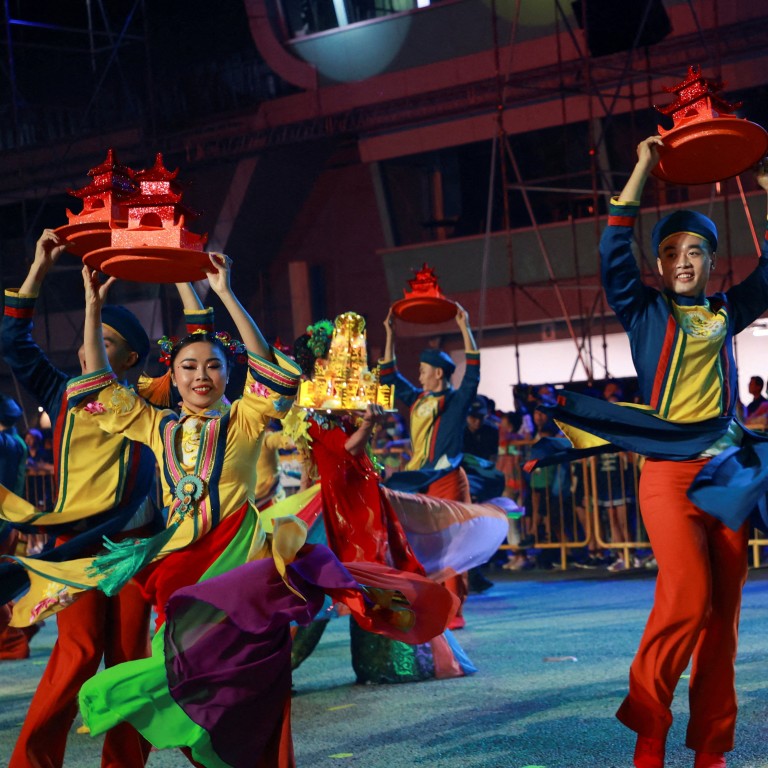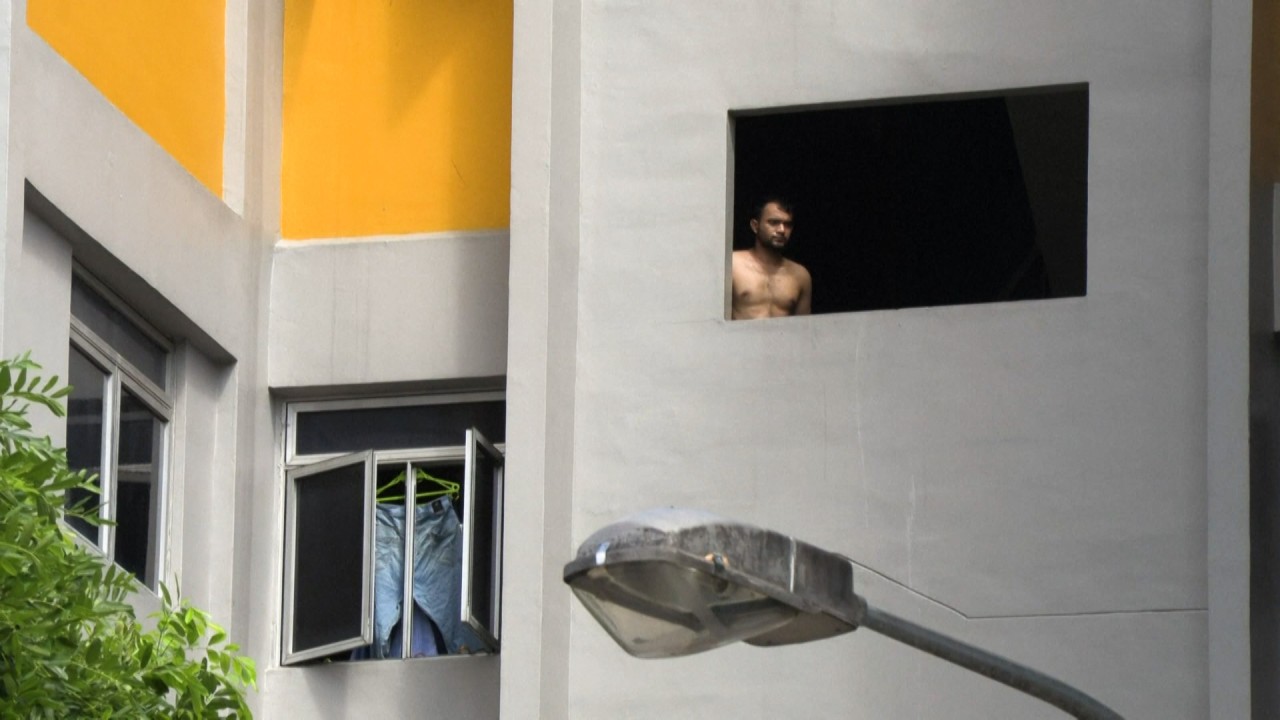
Singapore scraps remaining pandemic curbs, enters ‘new endemic Covid-19 norm’
- From February 13, residents will no longer have to wear face masks in public transport and indoor healthcare setting, while unvaccinated visitors are not required to show a negative pre-departure test
- The health ministry said it did not expect major restrictions to return unless a ‘very dangerous and virulent variant’ hits the city state
The city state’s pandemic situation remained stable in recent months despite increased travel during the year-end holiday season, China’s unravelling of its zero-Covid policy and the northern hemisphere winter season.
“We are therefore able to step down the remaining few Covid-19 measures, and establish a new endemic Covid-19 norm,” the Ministry of Health said in a statement on Thursday.
While the new status quo would not be “static” – given expectations of new waves of infection and evolution of the virus – the ministry said it did not expect major restrictions to return.
“Unless it is a very dangerous and virulent variant, we should be able to manage these subsequent waves with an appropriate level of measures that does not deviate significantly from the new norm, and continue to live our lives normally,” it said.
Long Covid casts a long shadow over Asia as patients cry out for a cure
The latest easing – effective from February 13 – removes the requirement for residents to wear masks in public transport, indoor healthcare and residential care settings.
Masking will however be permanently required in “indoor patient-facing areas” such as hospital wards, clinics and nursing homes.
The Covid-19 mask mandate had otherwise been lifted in August last year.
Singapore’s army of migrant workers, meanwhile, will return to a pre-pandemic norm: they will no longer require passes to visit four designated locations on public holidays and weekend. Authorities had put in place restrictions to enter these spots – including the city state’s Little India district – to prevent overcrowding.
On the travel front, from February 13 all unvaccinated travellers will not be required to produce a negative pre-departure test or purchase Covid-19 travel insurance – measures that are in place currently.
The high-powered multi-ministry task force that has helmed the island nation’s Covid-19 response will also be stood down, with the health ministry assuming charge of the pandemic.
The health ministry in its statement noted that Singapore had “engaged in a long campaign against Covid-19 and have emerged as a more prepared, resilient, and united nation with one of the lowest Covid-19 death rates in the world.
The statement said the ministry was “reviewing our experience in grappling with Covid-19 over the last three years”.
The government last May said it had launched an “after-action review” on the first phase of the pandemic in Singapore spanning from January 2020 to August 2021.
Deputy Prime Minister Lawrence Wong, one of the co-chairs of the ministerial task force, said the government planned to publish a report on the review at a later date, with its findings to be discussed in parliament.
Wong said that the report was not “meant to congratulate ourselves” and instead was intended to be an “objective look at what has transpired over the last three years”.


